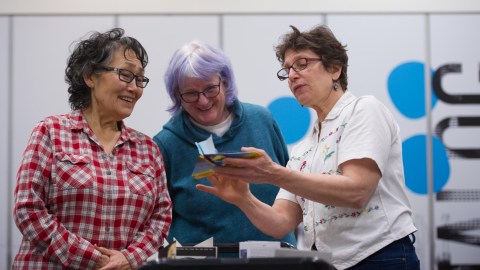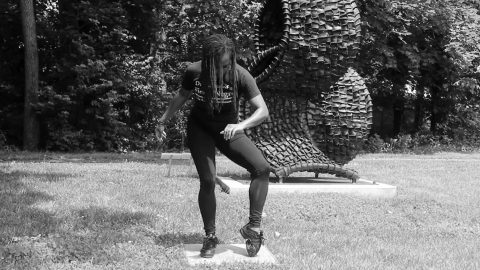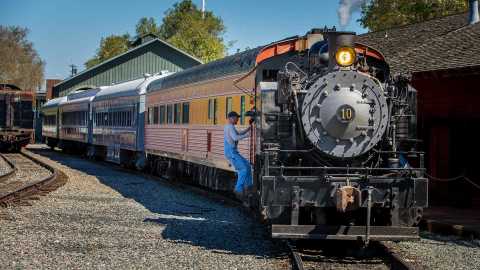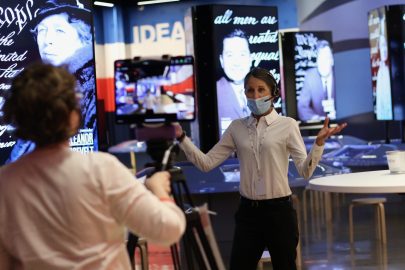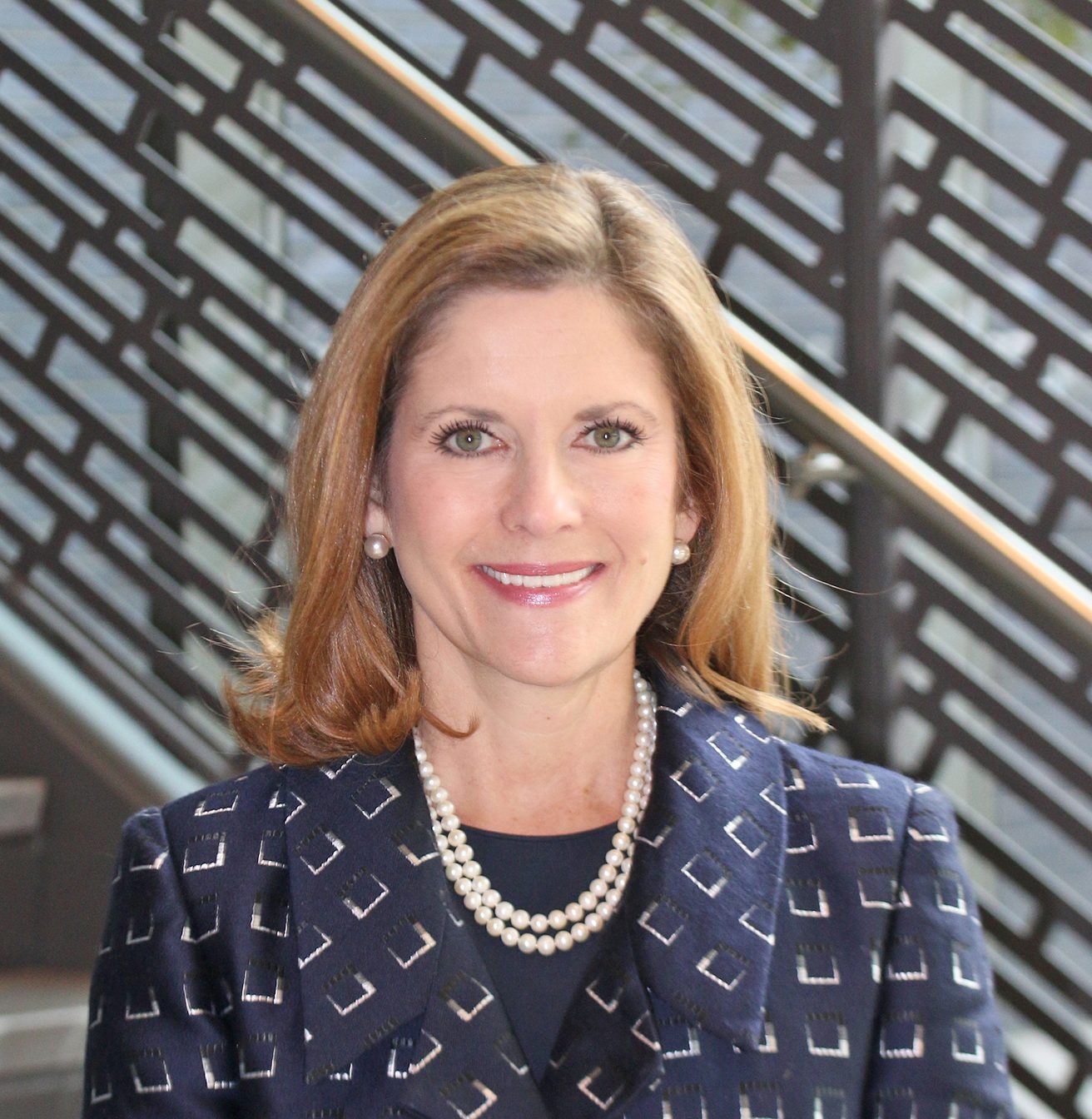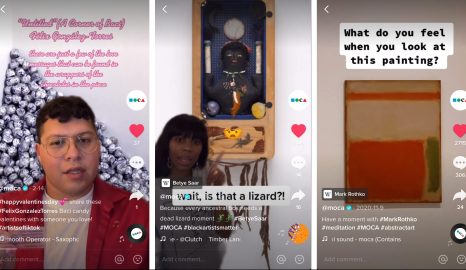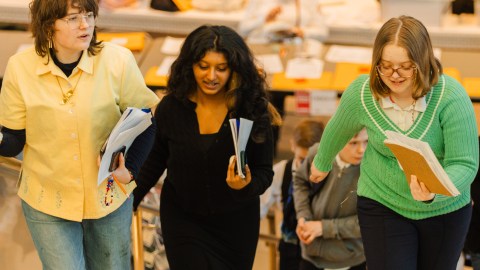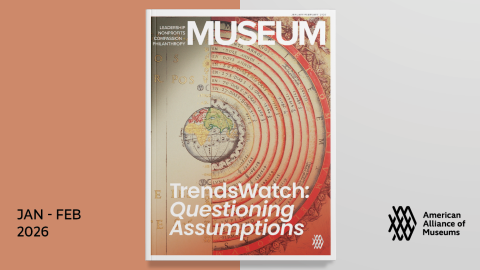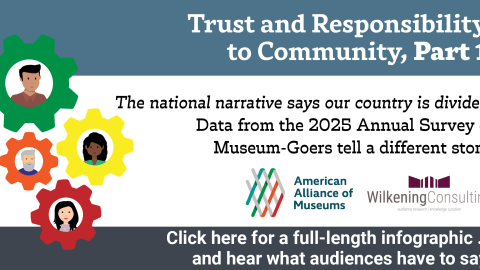-
Museums Can Renew America Through the Semiquincentennial
Though it may still feel like a long way off, the United States’ 250th anniversary is rapidly approaching. Right now, the US Semiquincentennial Commission, federal agencies, state history organizations, and individual museums throughout … -
Changemaking and Museums for Civic Learning
Civic learning is about nurturing our shared civic imagination and restoring our community fabric—endeavors that are more important than ever. We believe that museums have everything to offer and a great deal to learn as part of this … -
Excite, Build, Consider: A Structure for Open and Honest Feedback in Project Development
One challenge we’ve all probably faced in collaborative program and exhibit development/design is creating a space for open and honest feedback. We know candid feedback is crucial for aligning the outcome of a project with its stated goals … -
What I Learned in a Year of Writing “Museums and Creative Aging: A Healthful Partnership”
The creative aging movement is coming of age, and just in the nick of time. As of last year, 80 percent of state arts agencies across the United States reported a high or very high demand for creative aging programs in their state, which … -
How the Delaware Art Museum is Centering Community Voices in Interpretive Planning
In 2018, the Delaware Art Museum (DelArt) began a radically inclusive approach to reinstallation planning, integrating community voices at every stage through focus groups, iterative prototyping, and community-created content. But before … -
AAM’s Education Committee Announces Four Pandemic Innovation and Education Awards
For Immediate Release Arlington, VA—The COVID-19 pandemic altered many established museum education practices. In response to these challenging times, museum education staff created innovative ways to engage audiences and contributed to … -
A Futures Approach to Museum Planning
Nothing gives me greater joy than learning how the futurist materials created by CFM have helped museums and museum people in their work. Today on the blog, Ty Smith and Jeremy Taylor tell us how the California State Railroad Museum used … -
Pivoting to Virtual Field Trips and Education Programs: Advice from The Dallas Holocaust and Human Rights Museum
At The Dallas Holocaust and Human Rights Museum, our mission is to teach history in order to impact behaviors today. With students in particular, we want them to encounter the history of the Holocaust and human rights while also … -
Virtual Programs for Children—What Do Parents Want Now?
After of year of chaos, anguish, and reflection, the world is entering a new phase—perhaps “post-pandemic,” maybe the “new normal”—it will take a while to settle on the right label. Last year, the AAM Committee on Audience Research and … -
Inviting Engagement: Front-of-House Workers Become Online Content Creators
After announcing our free admission initiative in January 2020, MOCA’s lobby was a bustling hive of activity. Visitor engagement staff welcomed attendees by scanning their tickets and orienting them to exhibitions, rules, and amenities. …
Education & Interpretation
Latest Stories from AAM
Beyond the Ask: Securing the Future with Community-Centric Fundraising
Category:
Center for the Future of Museums Blog
This year’s TrendsWatch examines changes reshaping philanthropy. While charitable …
Introducing the 2026 Edition of TrendsWatch
Category:
Center for the Future of Museums Blog
It’s the start of a new year, and that means a new edition of AAM’s annual forecasting …
Trust and Community Responsibility, Part One: A 2025 Annual Survey of Museum-Goers Data Story
Category:
Alliance Blog
This visual Data Story is based on findings from the 2025 Annual Survey of Museum-Goers, …




